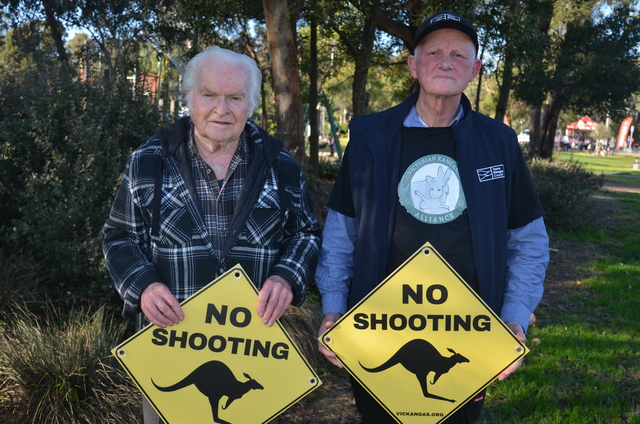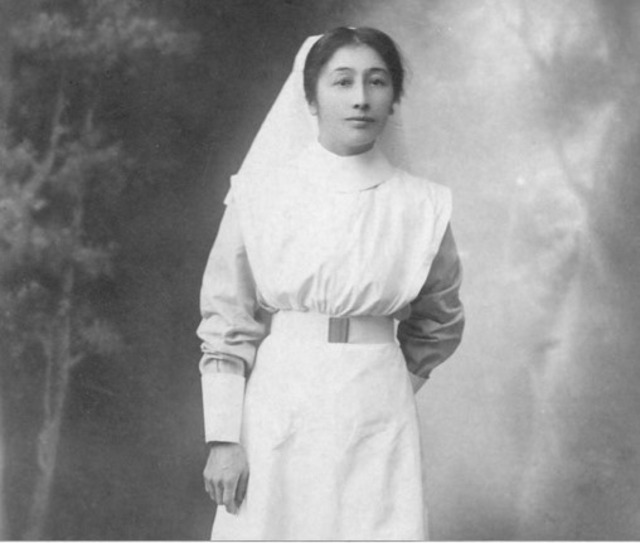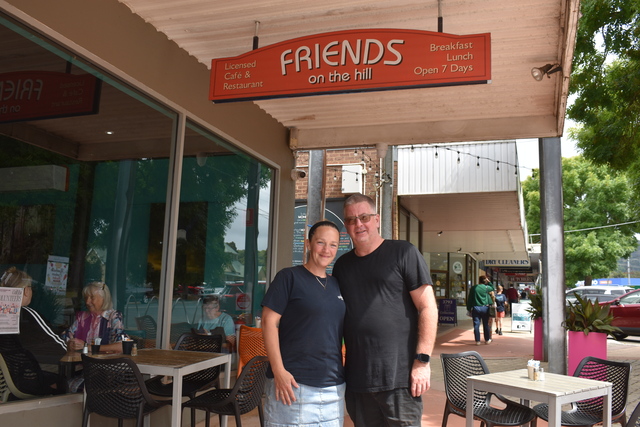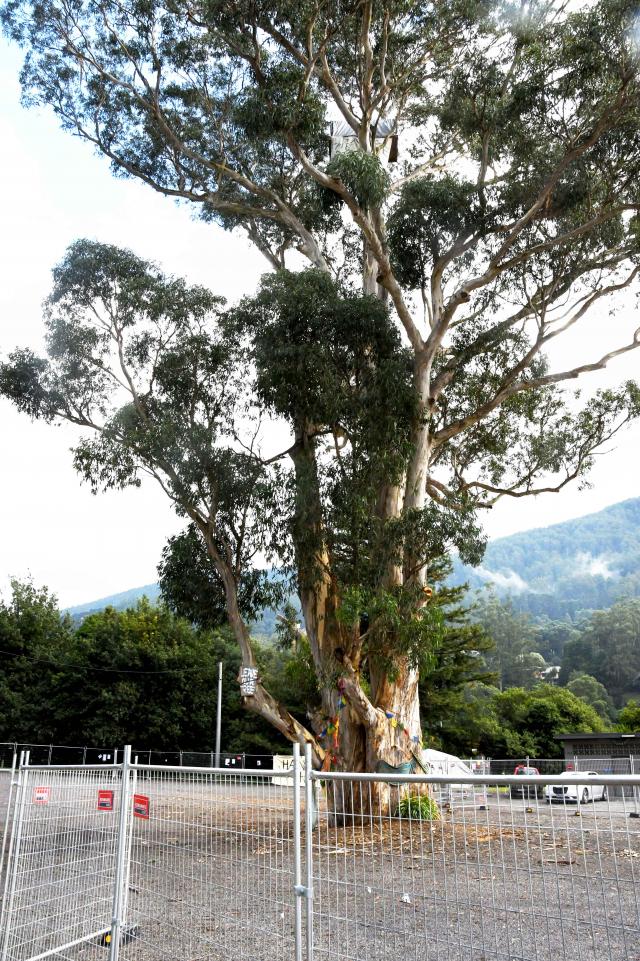A review of Changeling by Philippa Gregory
Some say that you can make your own luck by opening yourself to the world. Yet, some chance encounters are so delightful, you wonder whether they’re meant to happen. For example, this reviewer recently bumped into Changeling (2012) by English historical novelist Philippa Gregory. It’s the first of four books in the Order of Darkness series, specifically written for young adult readers.
The synopsis begins:
“Luca could not drag his eyes from this girl who had veiled her face from him, and hooded her hair so that he should never know what she looked like. In the golden light of the rising sun he stared at her, seeing her for the first time, her dark blue eyes under brown up-swinging brows, a straight perfect nose, and a warm tempting mouth…”
Romantic cliches, this reviewer prejudged. The book’s front cover features a dashing dark hero and a defiant-looking young blonde, both holding flaming torches, with a castle or fortress in the background.
The synopsis concludes:
“…Then he saw her bloodstained hands, and Luca realised that she was a thing of horror, a beautiful thing of horror, the worst thing between heaven and hell: a fallen angel.” Now we’re talking! This reviewer sat up straight to delve into the book, which is surprisingly exciting, atmospheric and informative.
The story is set in 1453, not long after the capture of Constantinople – the heart of Byzantium and the centre of the Church in the east – by the Ottoman Empire. Fearing the “unbeatable army of heretics and infidels” will attack Rome as their next target, the Holy Father sets up the Order of Darkness to defend Christendom.
Recruited by the Order, 17-year-old Luca is sent to the “very frontier of good and evil” to “record the end of times”. His task is to “explore the mysteries, the heresies and the sins, to explain them where possible, and defeat them where we can”.
This medieval version of Fox Mulder of The X-Files is aided by Freize, who, like Samwise Gamgee from The Lord of the Rings, is fiercely loyal and brilliant with food. They are joined by Isolde, who is desperate to reclaim her rich inheritance, and her companion Ishraq, a Moor trained in medicine, fighting skills and other disciplines.
Together, they confront the unknown in the Abbey of Lucretili, where the Lady Abbess is accused of practicing witchcraft, driving the nuns there to madness with strange visions, sleepwalking, and bleeding wounds in their hands and feet.
Next, in the small village of Vittorito, they meet a beast that is supposedly a werewolf. The locals can’t wait to kill it, but to find out the truth requires much courage and diplomacy. Changeling is a thrilling and entertaining read, based on solid research on the foods, foods, costumes, behaviours, mannerisms, social norms, and beliefs and superstitions of the Middle Ages. It encounters readers to reflect on our presumptions of the “other”, what we don’t know or understand, and how we choose to respond and react.
















